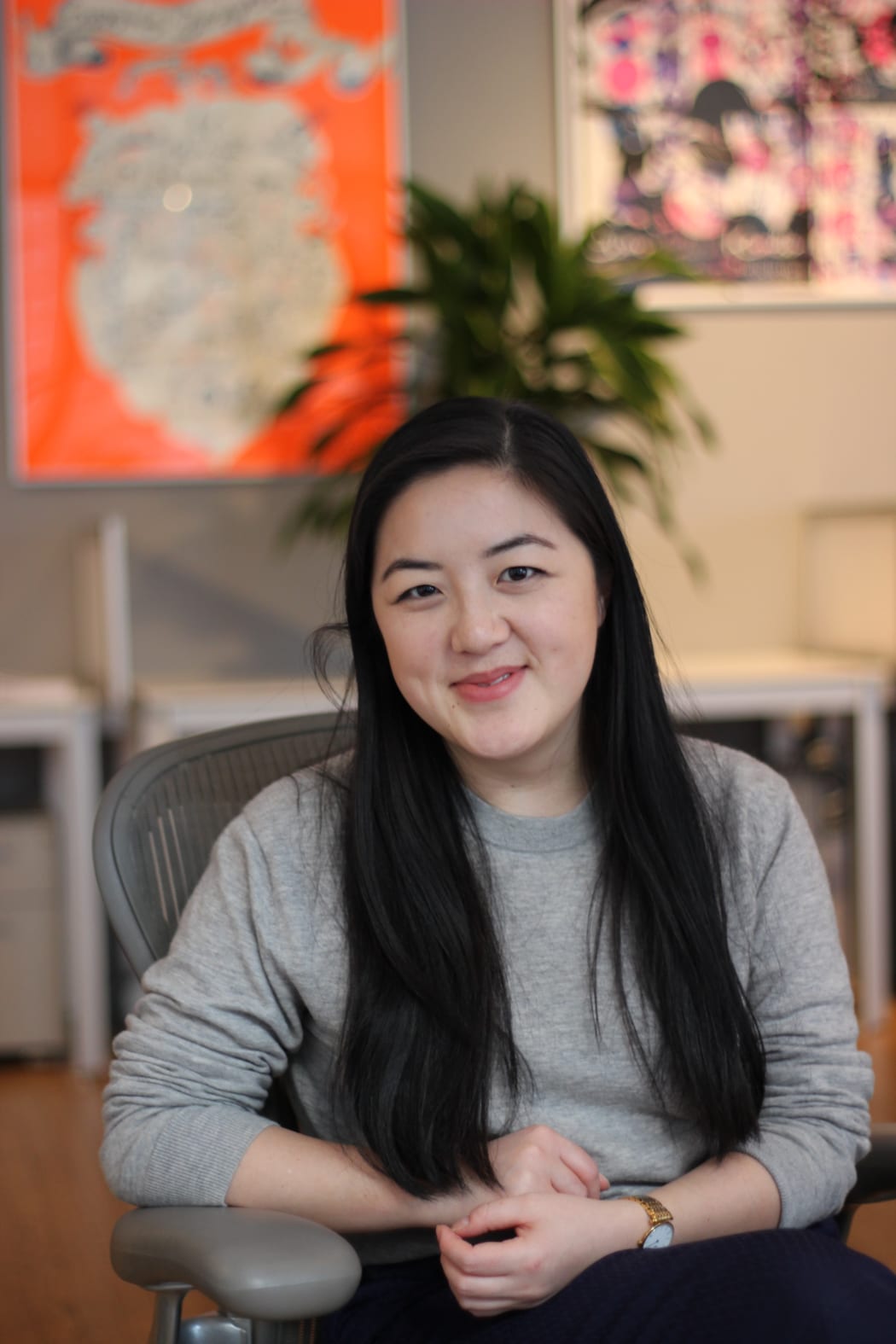A persistent streak of anti-Asian sentiment is rooted in the history of New Zealand, says Emma Ng, a second-generation Chinese New Zealander and author of the new book Old Asian, New Asian.

Emma Ng Photo: supplied
Old Asian, New Asian grew from a piece Ng wrote two years ago for The Pantograph Punch in the wake of the Labour Party's controversial conflation of overseas house-buyers with people who have Chinese-sounding names.
Before visible cultural difference can thrive in New Zealand, some uncomfortable conversations about race and national identity need to take place, Ng tells Kim Hill.
Being second-generation, Ng is 'old Asian' herself, she says.
Her grandparents on her mum's side moved to Dunedin and on her dad's side to Auckland.
Ng was born on a "faultline" not long before changes to the immigration act (in 1997) opened the door to a lot of Asian migrants.
"I was born in 1990 so I really did grow up in the Auckland that was experiencing that change."
In New Zealand's legal history, 50 acts and amendments have singled out Chinese people, Ng discovered while researching the book.
Her thoughts about just how distinct the Chinese-New Zealand experience was from the mainstream New Zealand experience were crystallised, too, she says.
"I remember standing in front of a statue of [widely admired former NZ prime minister] Dick Seddon once. It must have been a small town somewhere in New Zealand. And one of my parents said something about how he hadn't been a friend to the Chinese."
That sentiment was evidence of the cultural disconnect Ng felt within herself as a child, she says.
"I was always trying to box at shadows and fit in and seem less Chinese than I was. Thinking back on it I'm like 'Why was I doing that? What was I trying to prove and who was I trying to prove that to?'"
The "Of course you're a New Zealander, your family has been here for generations' angle is cold comfort.
"It kind of implies that tolerance is a reward for fitting in and overlooks the process that so many of us who aren't tangata whenua have gone through of trying to be accepted by diffusing our difference."
Ng says she feels less self-conscious about being Asian in New York.
"I never feel like people are thinking of me and my Asianness ... Because there are so many people from different backgrounds in New York, it's such a natural part of her life. It really made me think about how three-quarters of New Zealand's population are Pakeha."
Ng would like to see a New Zealand society where visible difference is allowed to thrive, she says.
"We really need to put in the groundwork and have these uncomfortable conversations now to think about how we can break the cycle."
Yet she doesn't believe questions of race should feed into government policy on immigration.
"When we talk about race so often it is through these other issues like immigration or foreign property ownership. It's easy to dampen the conversation down again when racism bubbles up through these conversations, and we never actually end up addressing the underlying issue of cultural identity and belonging. They sort of fall by the way side."

